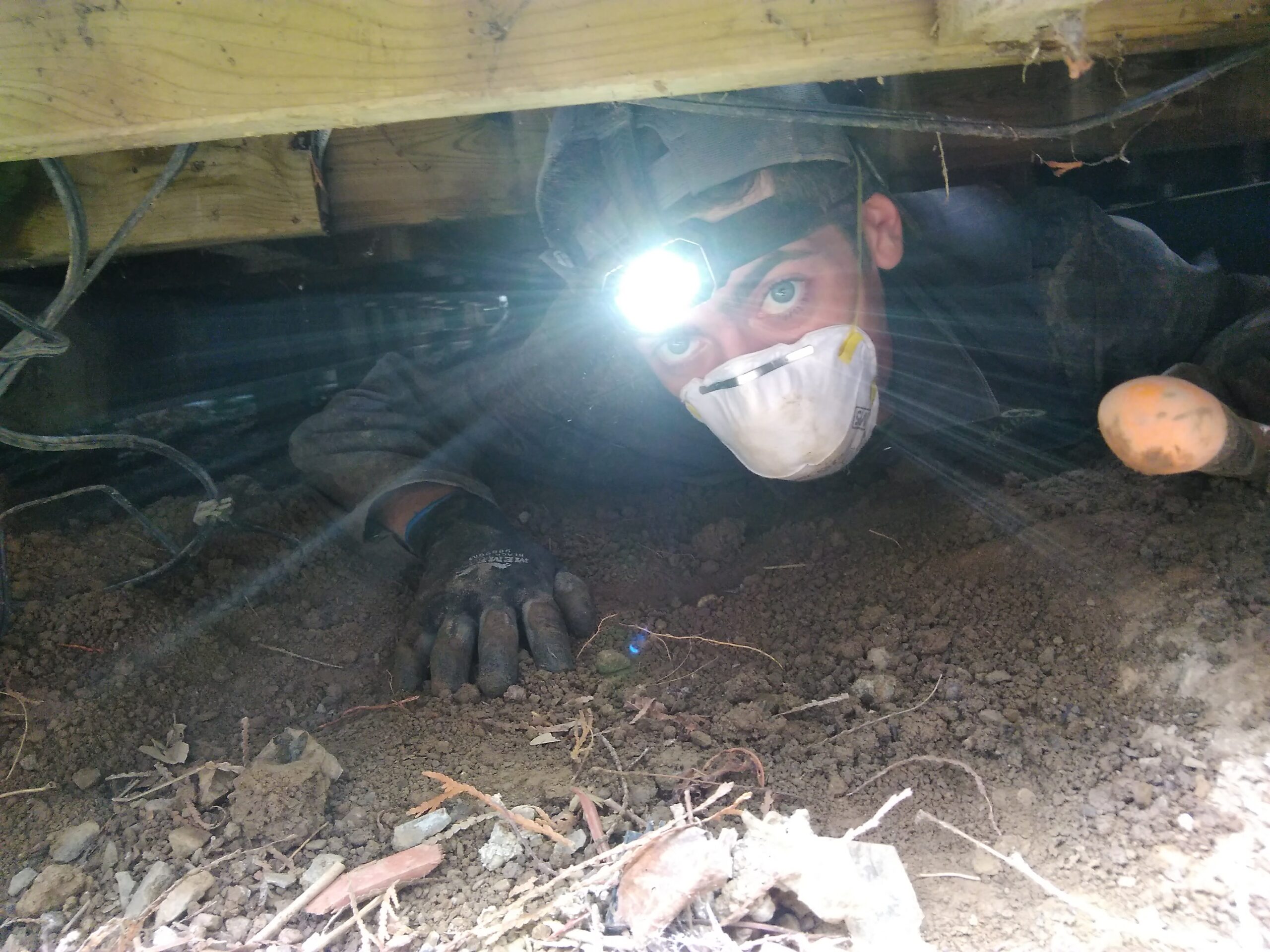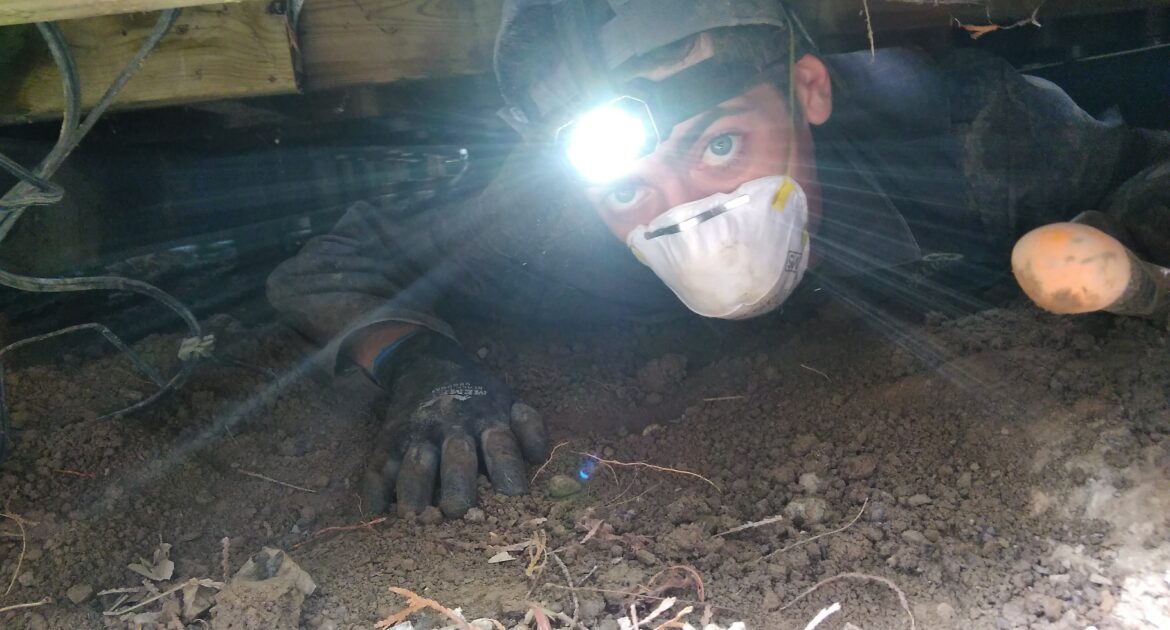Skunks are generally mild-mannered creatures that just want to be left alone to forage for food and raise their babies in peace. Nevertheless, they can be aggressive in defending themselves, and this is even more true of females with helpless babies. Here are some of the many reasons why you should never attempt skunk removal in Markham by yourself and should always consult professionals who know how to get rid of skunks.
1. The Skunk Could Spray
When faced with a possible threat, a skunk’s first instinct is to spray. Skunk spray is highly acidic and irritating. This is by design to slow down a predator long enough for the skunk to get away. The spray usually doesn’t cause long-term injuries if it comes in contact with your skin or eyes, but it does have a powerfully strong odour that can linger for days or weeks. Worse yet, skunks can spray up to 20 feet, meaning that they could hit the side of your home. If this happens, the spray could seep in, making the smell difficult to get rid of.
2. The Skunk Could Attack
Skunks usually rely on their spray as a defence mechanism. They can spray around five or six times in a row before they run out of fluid. If this occurs, it takes the skunk’s body about a week and a half to replace the fluid, during which time the skunk is vulnerable. If a skunk cannot spray in self-defence, or if the spray doesn’t work, it may attack by biting and scratching.
Skunks have sharp claws that they use primarily for digging but that can damage the skin if they become aggressive and start scratching. Skunks are omnivores that sometimes hunt prey, so their teeth are moderately sharp as well.
3. You Could Contract Diseases From the Skunk
Not only could a skunk inflict injuries by biting and scratching in self-defence, but it could also spread diseases in the process. Skunks are one of the top species of wild animals to carry rabies, a viral infection that is almost always fatal. Vaccination against rabies is effective if you begin the course of injections before symptoms emerge. It is typical to begin a course of rabies vaccinations following any injury from a wild animal if it is not possible to test the animal for rabies.
Skunks can spread diseases other than rabies. Because they are burrowing animals, they could pick up tetanus from digging in the dirt. Tetanus is a disease that causes severe muscle spasms and stiffness. For this reason, it is also called lockjaw and can make eating and breathing difficult. There is no cure for tetanus, but there is a vaccine against it. Tetanus shots are part of a routine vaccination schedule, but if you have not had one for more than 10 years, you may need a booster following a skunk bite.
4. You Could Harm the Skunk
DIY skunk removal is not only dangerous to you. In attempting to remove a skunk, you could accidentally injure it. This could cause the skunk unnecessary pain and suffering, as well as possible death. If the skunk has babies, the young skunks could die without their mother if they are not old enough to take care of themselves.
Physical injury is not the only risk to the skunk. Some people trap skunks and relocate them far from the property. However, being dumped in an unfamiliar location outside their territory is disorienting for skunks. They could die from stress and inability to find food.
Skunks are fascinating creatures, and you may have many questions about them, such as “What do skunks eat in the summer?” Call Skedaddle for answers to your questions about skunks and humane removal options.




